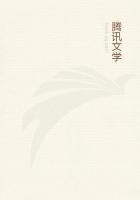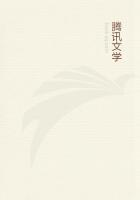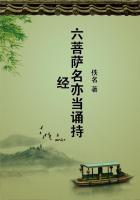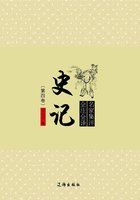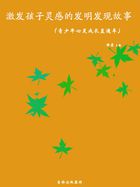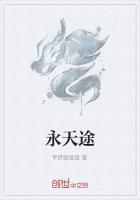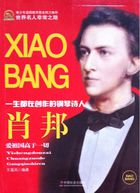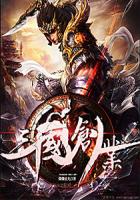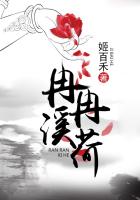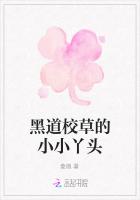I have in mind a painting which may be said to set forth to the eye this relation between the living soul and the institution. It represents St. James before the Roman Emperor. [3] The former is poorly clad, beautiful, with rapt, uplifted face; the latter majestic, dominant, assured, seated high on his ivory chair and surrounded by soldiers.
Of course the institutional element is equally essential with the personal.
The mechanical working of tradition and convention pours into the mind the tried wisdom of the race, a system of thought every part of which has survived because it was, in some sense, the fittest, because it approved itself to the human spirit. In this way the individual gets language, sentiments, moral standards and all kinds of knowledge: gets them with an exertion of the (321) will biding compared with what these things originally cost. They have become a social atmosphere which pervades the mind mostly without its active participation. Once the focus of attention and effort, they have now receeded into the dimness of the matter-of-course, leaving energy free for new conquests. On this involuntary foundation we build, and it needs no argument to show that we could accomplish nothing without it.
Thus all innovation is based on conformity, all heterodoxy on orthodoxy, all individuality on solidarity. Without the orthodox tradition in biology, for instance, under the guidance of which a store of ordered knowledge had been collected, the heterodoxy of Darwin, based on a reinterpretation of this knowledge, would have been impossible. And so in art, the institution supplies a basis to the very individual who rebels against it. Mr. Brownell in his work on French Art, points out, in discussing the relation of Rodin the innovating sculptor to the [French Institute, that he owes his development and the interest his non-conformity excites largely to " the very system that has been powerful enough to popularize indefinitely the subject both of subscription and revolt."* In America it is not hostile criticism but no criticism at al1梥heer ignorance and indifference梩hat discourages the artist and man of letters and makes it difficult to form a high ideal.
Where there is an organized tradition there may be intolerance but there will also be intelligence.
Thus choice, which represents the relatively free action of human nature in building up life, is like the coral insect, (322) always working on a mountain made up of the crystallized remains of dead predecessors.
It is a mistake to suppose that the person is, in general, better than the institution. Morally, as in other respects, there are advantages on each side. The person has love and aspiration and all sorts of warm, fresh, plastic irnpulses, to which the institution is seldom hospitable, but the latter has a sober and tried goodness of the ages, the deposit, little by little, of what has been found practicable in the wayward and transient outreachings of human idealism. The law, the state, the traditional code of right and wrong, these are related to personality as a grayhaired father to a child. However world-worn and hardened by conflict, they are yet strong and wise and kind, and we do well in most matters to obey them.
A similar line of reasoning applies to the popular fallacy that a nation is of necessity less moral in its dealings with other nations than an individual with other individuals. International morality is on a low plane because it is recent and undeveloped, not from any inevitable defect in its nature.
It is slow to grow, like anything else of an institutional character, but there is no reason why it should not eventually express the utmost justice and generosity of which we are capable. All depends upon the energy and persistence with which people try to effectuate their ideals in this sphere.
The slowness of an institution is compensated by its capacity for age-long cumulative growth, and in this way it may outstrip, even morally, the ordinary achievement of individuals as the Christian Church, for example, stands for ideals beyond the attain-(323)-ment of most of its members. If we set our hearts on having a righteous state we can have one more righteous than any individual.
The treatment of Cuba by the United States and the suppression of the slave-trade by the British are examples Of nations acting upon generous principles which we may reasonably expect to extend as time goes on. As the need of international justice and peace becomes keenly felt, its growth becomes as natural as the analogous process in an individual.
Whenever the question is raised between choice and mechanism, [5] the advocates of the latter may justly claim that it saves energy, and may demand whether, in a given case, the results of choice justify its cost.

